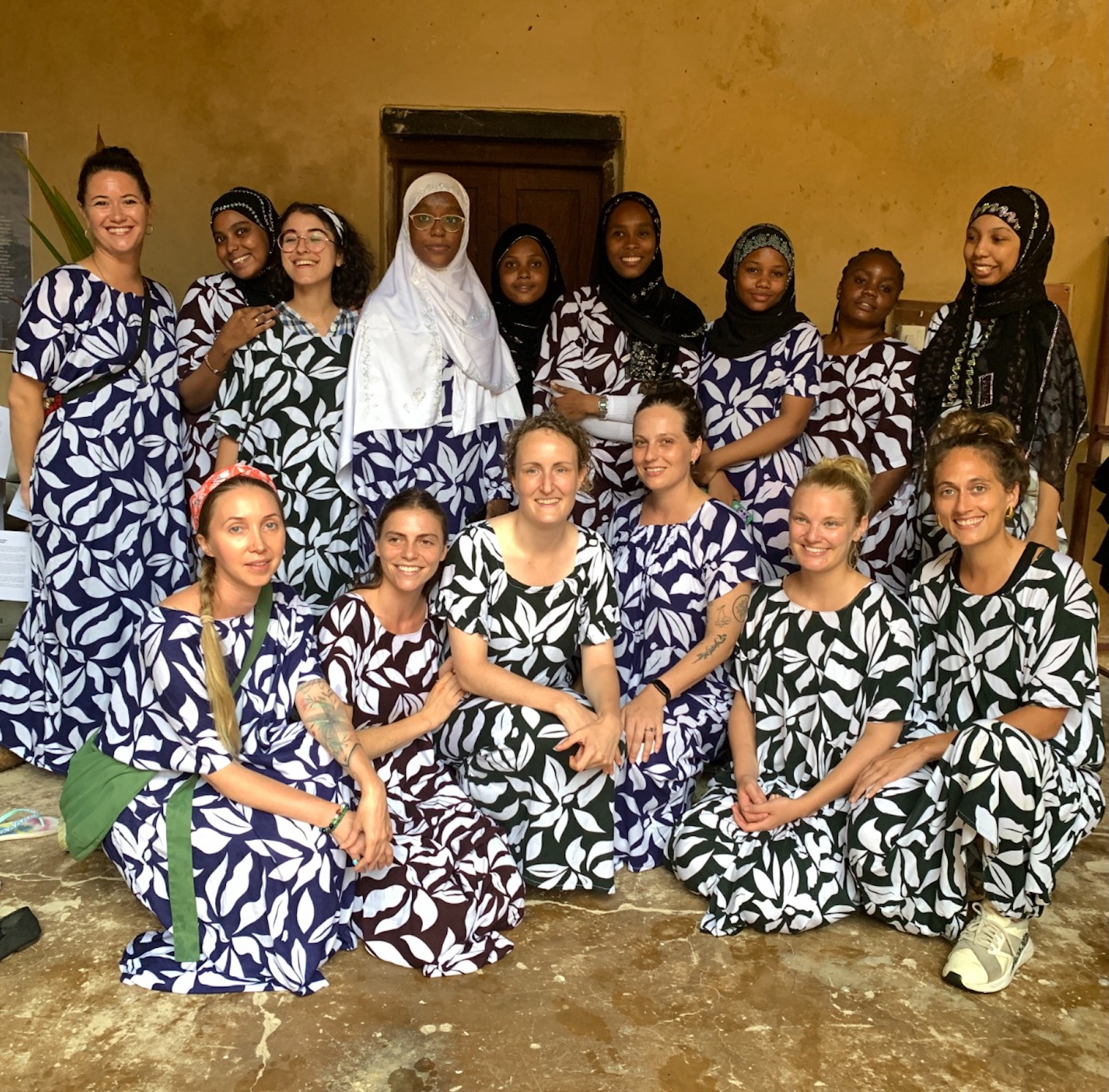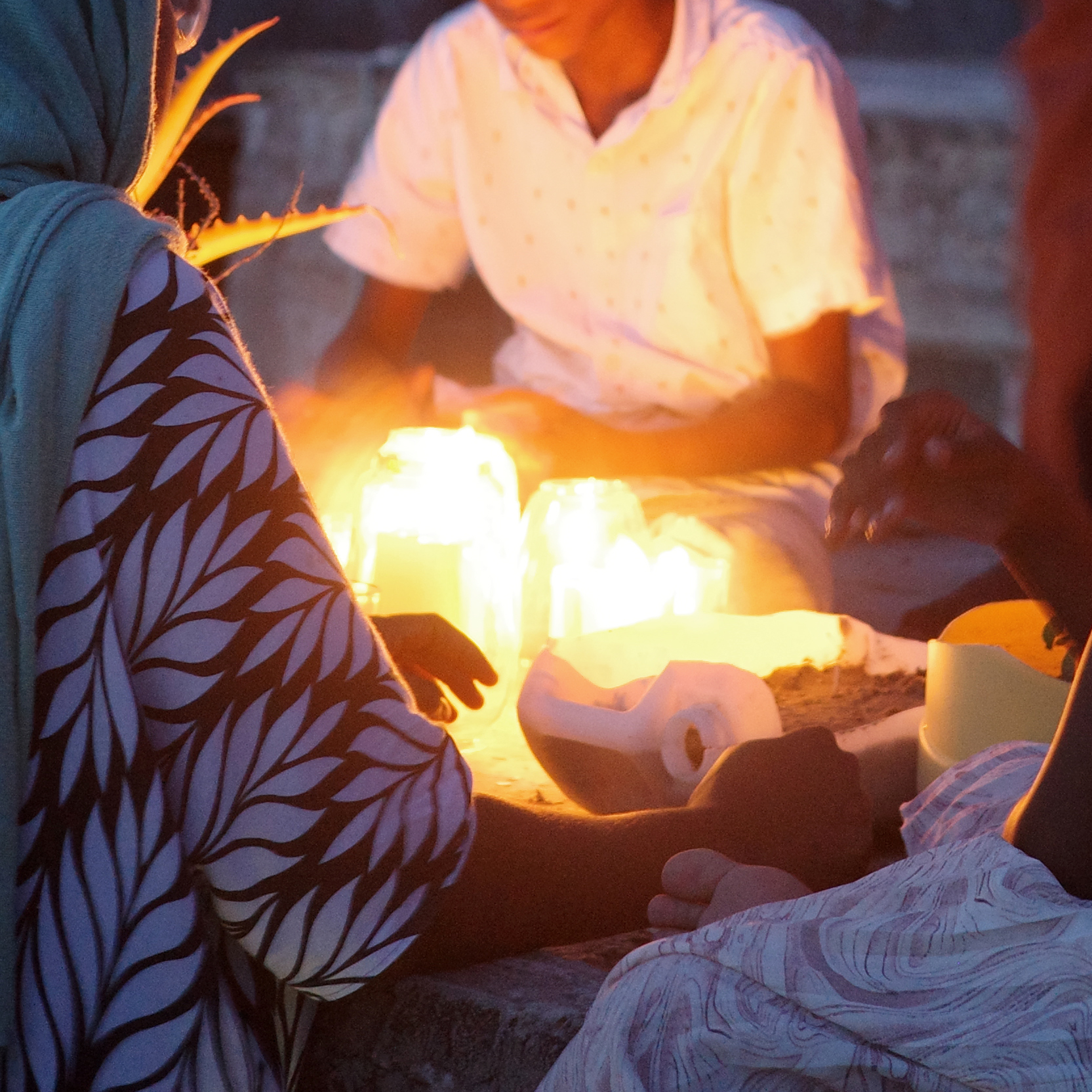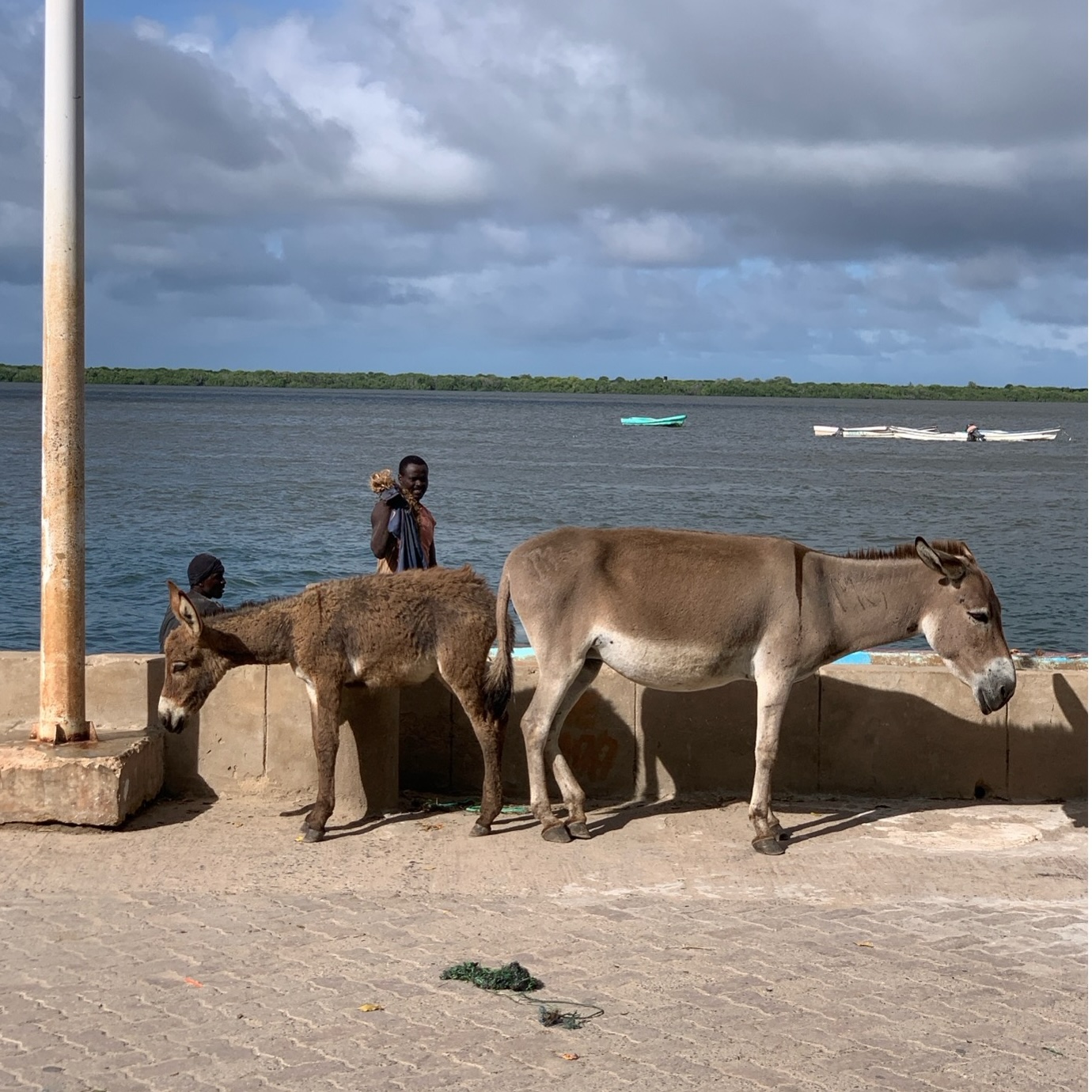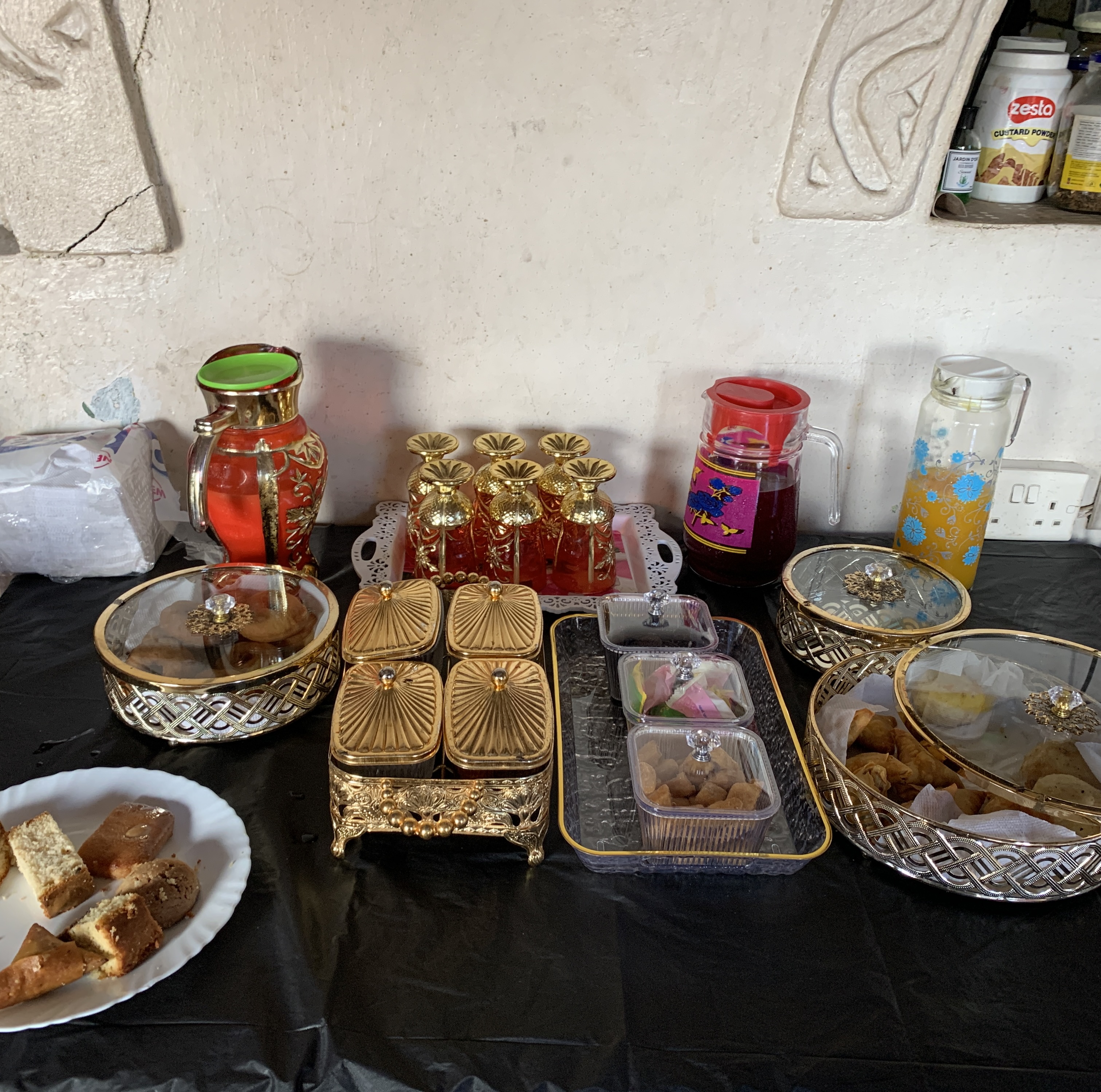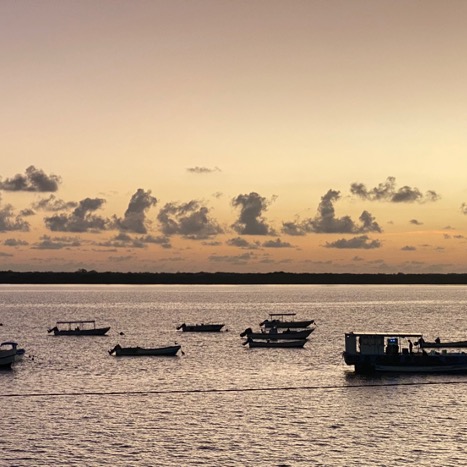Translation
In 2024, student researchers came face to face with the language politics of research and learned to navigate not only language barriers across the partnership, but also the translation of different ideas, values, expectations, cultural norms, and knowledges. The myriad interpretations that can co-exist among different student researchers came to the fore in an introductory exercise where we juxtaposed our understandings of the same site visits and observations. Our approach to thinking about translation transcends rendering words or texts from one language into another in interview transcripts to encompass reflections about how communication can operate effectively within the research partnership and how conceptual frameworks rooted in diverse ontologies can be communicated and converted across mediums and geographies. We take particular inspiration from the shared conviction of Senegalese philosopher Souleymane Bachir Diagne and French anthropologist Jean-Loup Amselle who, despite their disagreements about the postcolonial question, agree that “all endeavors to establish communication between the different components of our planet are beneficial, because they consist in cutting down the real or imaginary barriers that fragment our world.” (2018, 6).
![]()
Linguistically however, we remained acutely aware and frequently discussed the risks and instances of Swahiliphone student researchers acting as interpreters in a given project at the expense of participating in or experiencing other stages and activities of the research process. Through the process, we revised certain assumptions about translation work and recognized the crucial and analytically rigorous role that translation plays in research as high concept research questions are converted into interview questions using vernacular language (Marchais, Bazuzi, and Amani Lameke 2020). We also learned that it is equally important to recognize and respect when and for whom such divisions of labor are a risk and when and for whom they can become a preferred or desired and more inclusive way of working.
Linguistically however, we remained acutely aware and frequently discussed the risks and instances of Swahiliphone student researchers acting as interpreters in a given project at the expense of participating in or experiencing other stages and activities of the research process. Through the process, we revised certain assumptions about translation work and recognized the crucial and analytically rigorous role that translation plays in research as high concept research questions are converted into interview questions using vernacular language (Marchais, Bazuzi, and Amani Lameke 2020). We also learned that it is equally important to recognize and respect when and for whom such divisions of labor are a risk and when and for whom they can become a preferred or desired and more inclusive way of working.
“I transcribed and translated interviews or other relevant materials, as needed, facilitating understanding and data collection from non-English speaking participants and enhancing the inclusivity of our research process.”
– LYA member
The research conducted and choice of interlocuters in each project thus reflects how different research groups balanced the language skills of some with the overall division of labor in the research process. The Mpishi Hula Moshi project coped with certain linguistic challenges by relying on elements of sensory ethnography to see, touch, smell, and taste together different recipes that constitute the foodscape of Lamu’s home cooks, particularly those dishes and cooking practices that are gradually disappearing. At the final exhibit in Lamu Fort in May 2024, the research team studying Lamu’s drainage system worked with the Lamu Arts and Theater Alliance to create a bilingual, educational theatre play that explored how community members can monitor, participate in, and advocate for improved waste management practices in the city.
